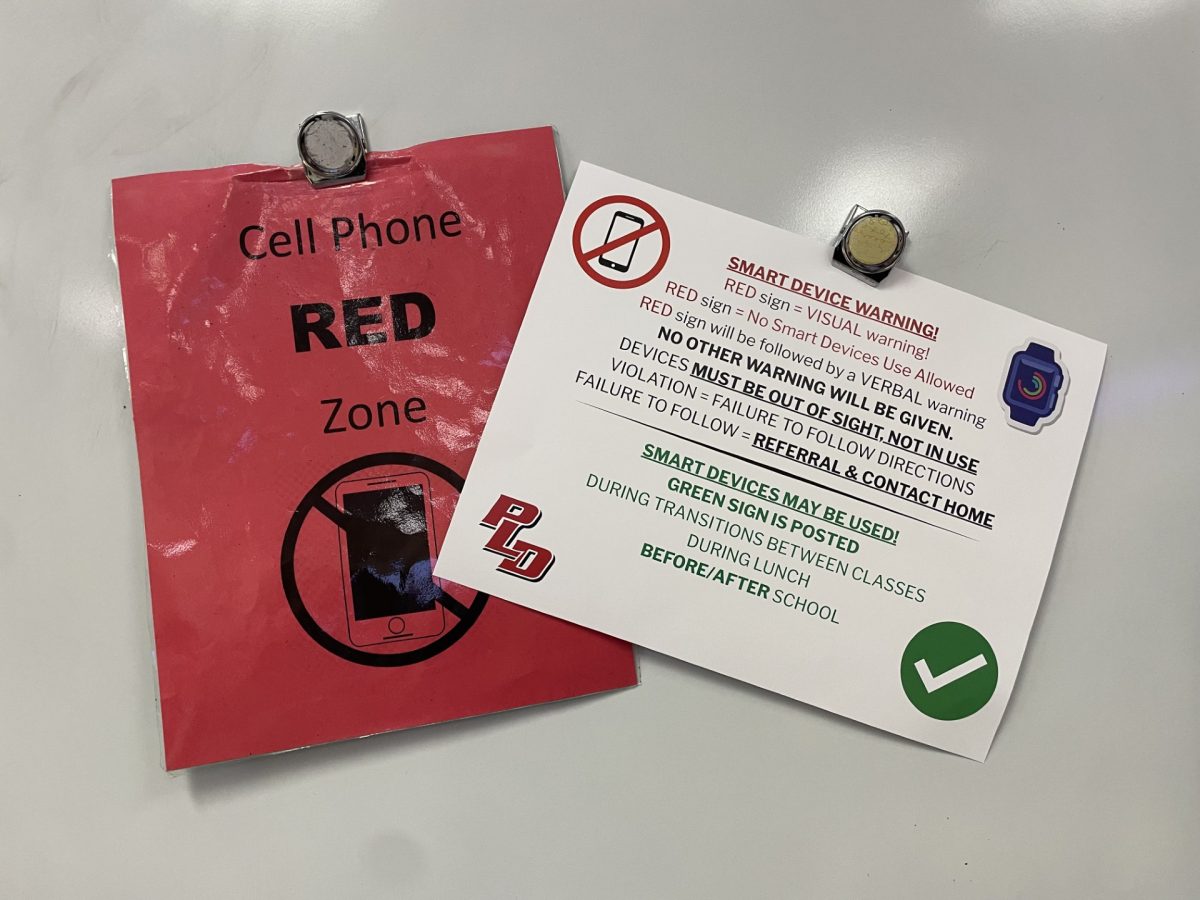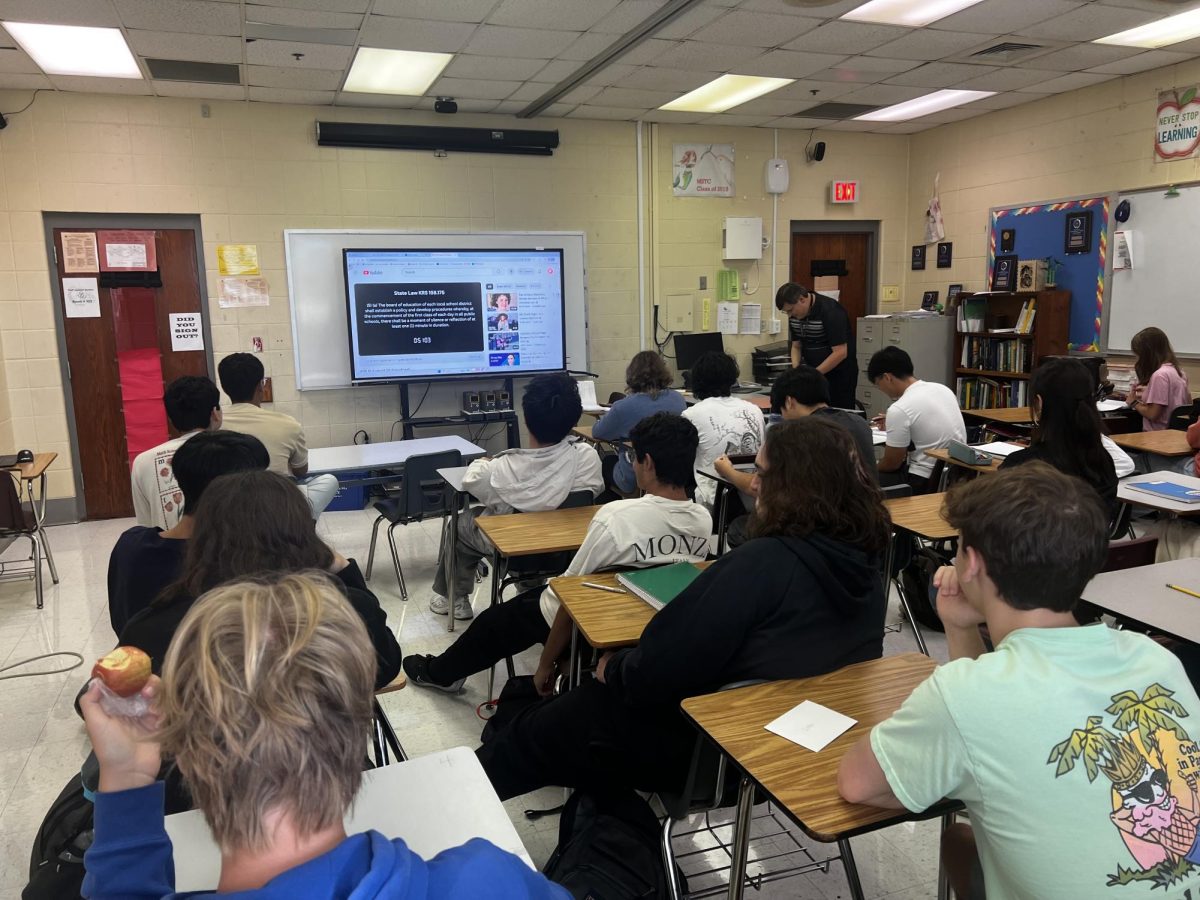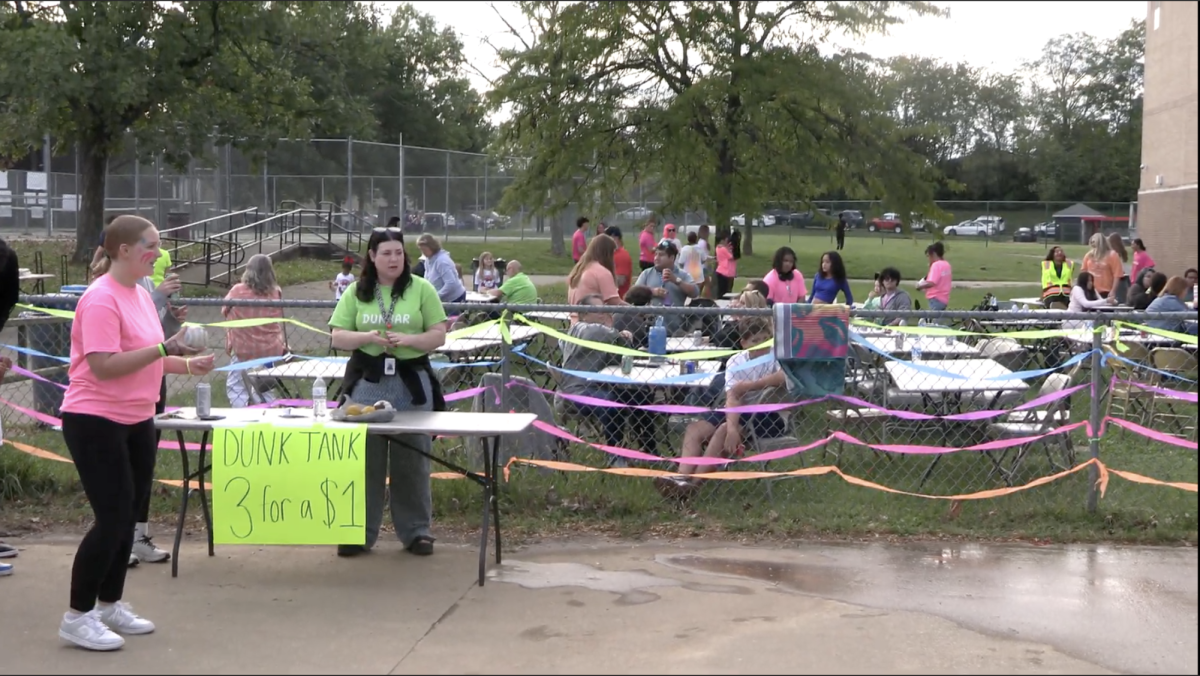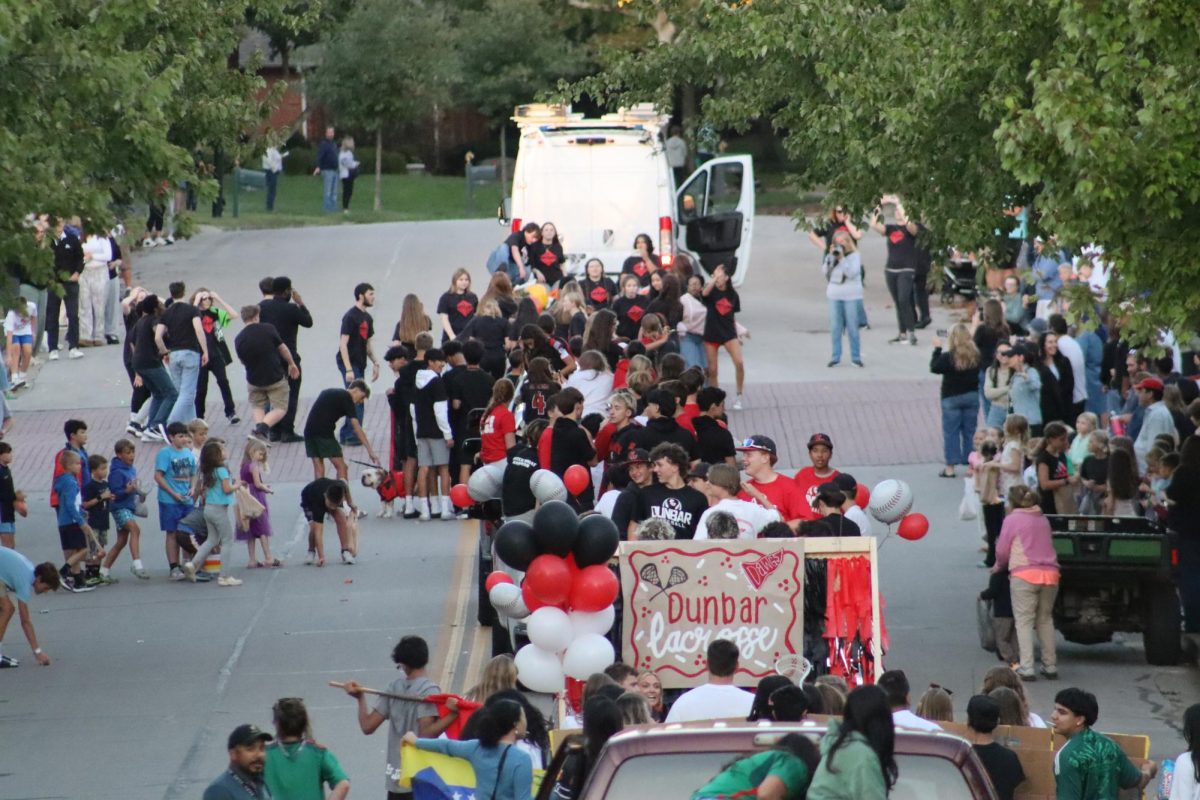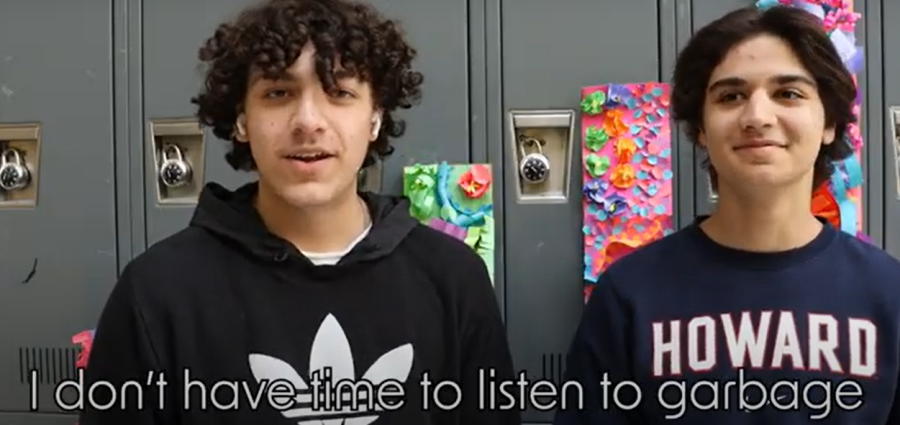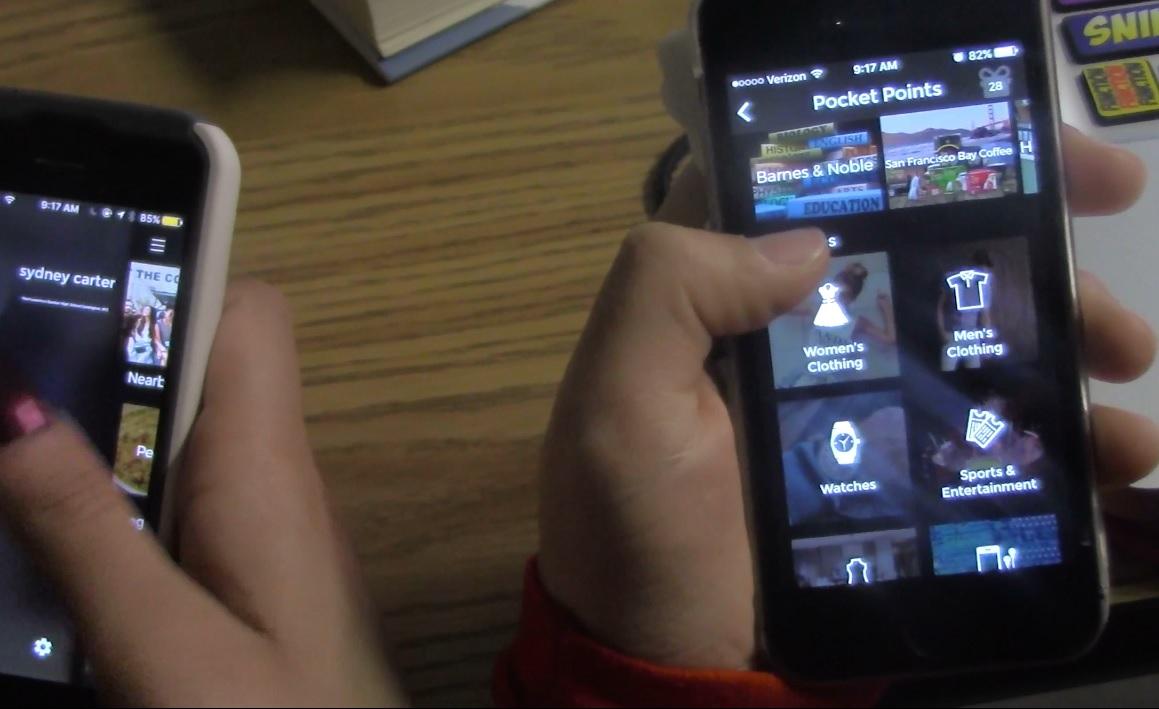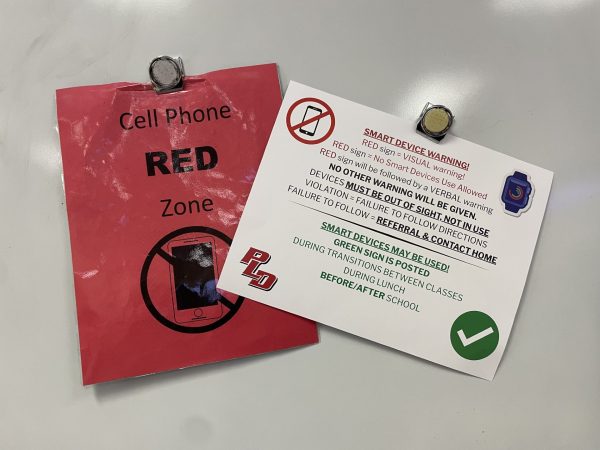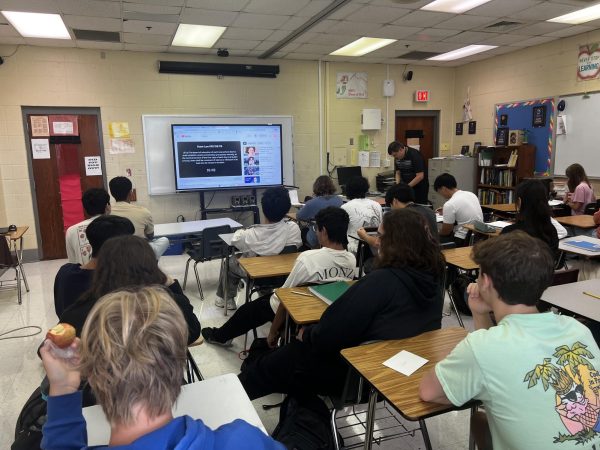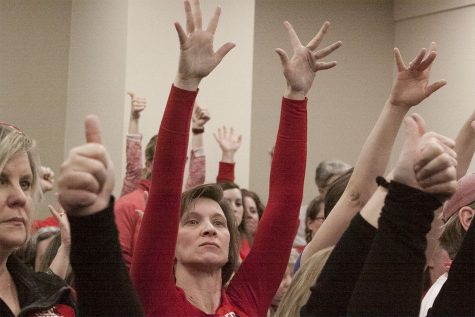The Impact of the School Based Decision Making Council
The 2021-22 SBDM council members will determine policies that affect all stakeholders. Elections are this week.
This week, parents and teachers will have the opportunity to vote for candidates for Dunbar’s governing body, but many in the Dunbar community don’t know what that governing body is or what it does.
All Kentucky public schools have a School-Based Decision-Making council (SBDM) made up of parent, teacher, and administrator representatives. Established as part of the 1990 Kentucky Education Reform Act (KERA), the goal of SBDM councils is to “promote shared leadership among those who are closest to the students.”
Dunbar’s SBDM includes 14 representatives: six teachers, five parents, and three administrators including Principal Betsy Rains. Throughout the school year, the council meets on the second Monday of each month.
The SBDM’s responsibilities are wide-ranging, including decisions about the budget, new clubs, textbooks, and field trips, and it sets policy on everything from class sizes and schedules to grading and dress code.
Ms. Rains said that the council has academic responsibilities, such as making sure Dunbar is in alignment with state standards and curriculum, as well as responsibility over decisions about safety, emergency management, and wellness.
All of these decisions–including those that affect curriculum and education–can have a significant impact on the student experience.
“Adopting our cell phone policy or personal technology policy and, prior to that, adopting standards-based grading—those were both decisions made by SBDM that were radical changes from the way that we used to do things,” English teacher Trevor Tremaine, who is running for the 21-22 SBDM, said.
In this past year, the SBDM has been busy setting the structure of virtual and hybrid learning. For instance, the group determined the schedule for virtual learning, including “catch-up” Wednesdays, and they also set COVID-19 safety policies for students who returned to the building.
Ms. Rains stated that the process for making decisions within the council emphasizes many perspectives to reach common ground and consensus; however, the decisions aren’t always unanimous.
“Surprisingly, it turned out to be very dramatic. A lot of people had a lot of opinions on what that schedule should look like,” science teacher and current SBDM member Ms. Elizabeth Pelphrey said.
According to the Kentucky Association of School Councils, most council terms run from June 30 to July 1.
If this were to happen, the SBDM would review applicants’ resumes, conduct interviews, and ultimately recommend a candidate to the Fayette County School Board. Although the district would have the final say over which candidate is chosen, Ms. Pelphrey said she “couldn’t think of any examples where the district has not accepted the SBDM’s chosen candidate.”
In order to run for SBDM, a teacher must nominate themselves or be nominated by one of their colleagues. Parents who want to run for SBDM had to submit a short letter about their background, experience, and interest in the SBDM to the PTSA.
This year, there are many teachers are running for a seat on the council, and navigating the election process requires a certain set of skills.
“There’s just a lot of planning that goes into making a school run,” SBDM member and social studies teacher Mrs. Sharessa Crovo said. “[Dunbar is] almost like a small town; we’ve got over 2,000 people in this building.”
Ms. Pelphrey said that SBDM elections can sometimes get “a little bit political,” and both Mrs. Crovo and Ms. Pelphrey noted that teachers tend to support candidates from within their own departments.
“You want to have somebody there that you trust will listen to you and take your opinions,” Ms. Pelphrey said.
“I think standards-based grading and those kinds of curriculum-based things are where disagreements can happen… So having somebody that you feel is going to think the same way about those issues as you is important if it’s going to affect how you teach and what you teach and when you teach.”
When asked why students should be aware of what SBDM does, Ms. Rains said that “some students may be interested in why we have certain policies and may not realize all policies are required by law.”
Understanding the SBDM council can be helpful for students who may be interested in becoming more involved in Dunbar’s day-to-day operations. In 2017, the Dunbar Student Voice Team asked if they could have a representative on the council, but the state did not allow for such a position.
“We asked KDE for permission to have students on SBDM but we were denied,” Ms. Rains said. Even though, she said that students can attend the meetings and give input.
SBDM meetings, which currently take place via Zoom, are open to the public unless otherwise stated. Meeting agendas and minutes are available online, as are current SBDM policies.
Although students do not have positions on the council and cannot vote for SBDM members, they can still influence SBDM policy in many ways.
“I think that students don’t realize that they can have a voice in these decisions,” Mr. Tremaine said. “These are things we can take to the floor for deliberation at SBDM, and their teachers who serve on the council are listening.”
Mrs. Crovo encourages students to talk to or email [the council members] with any concerns about how Dunbar operates.
“Students should care because it’s how your grading scale is decided, it’s how your dress code is decided, it’s how policies and procedures are put in place,” she said. “All of that stuff was created by SBDM or voted on by SBDM.”
Students can also be put on the agenda if they want to speak to the SBDM about a specific issue by making a request via email to Mrs. Jamie Cheak.
The elections, which open on May 10, will occur online via a Google Form, with teachers voting for teacher representatives and parents voting for parent representatives. The results of this year’s teacher election will be announced on May 14.
The final meeting of this year’s council will be held on June 14.
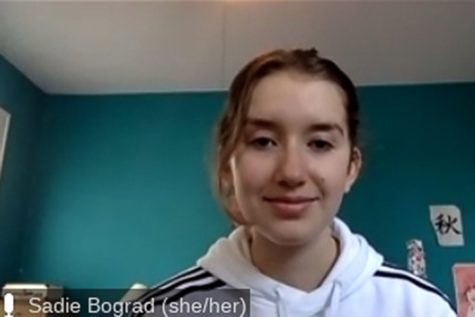
Hi! I’m Sadie Bograd, and I’m a senior at Dunbar. This is my second year on Lamplighter staff. I’m now one of the program’s Editors-in-Chief. Along...



